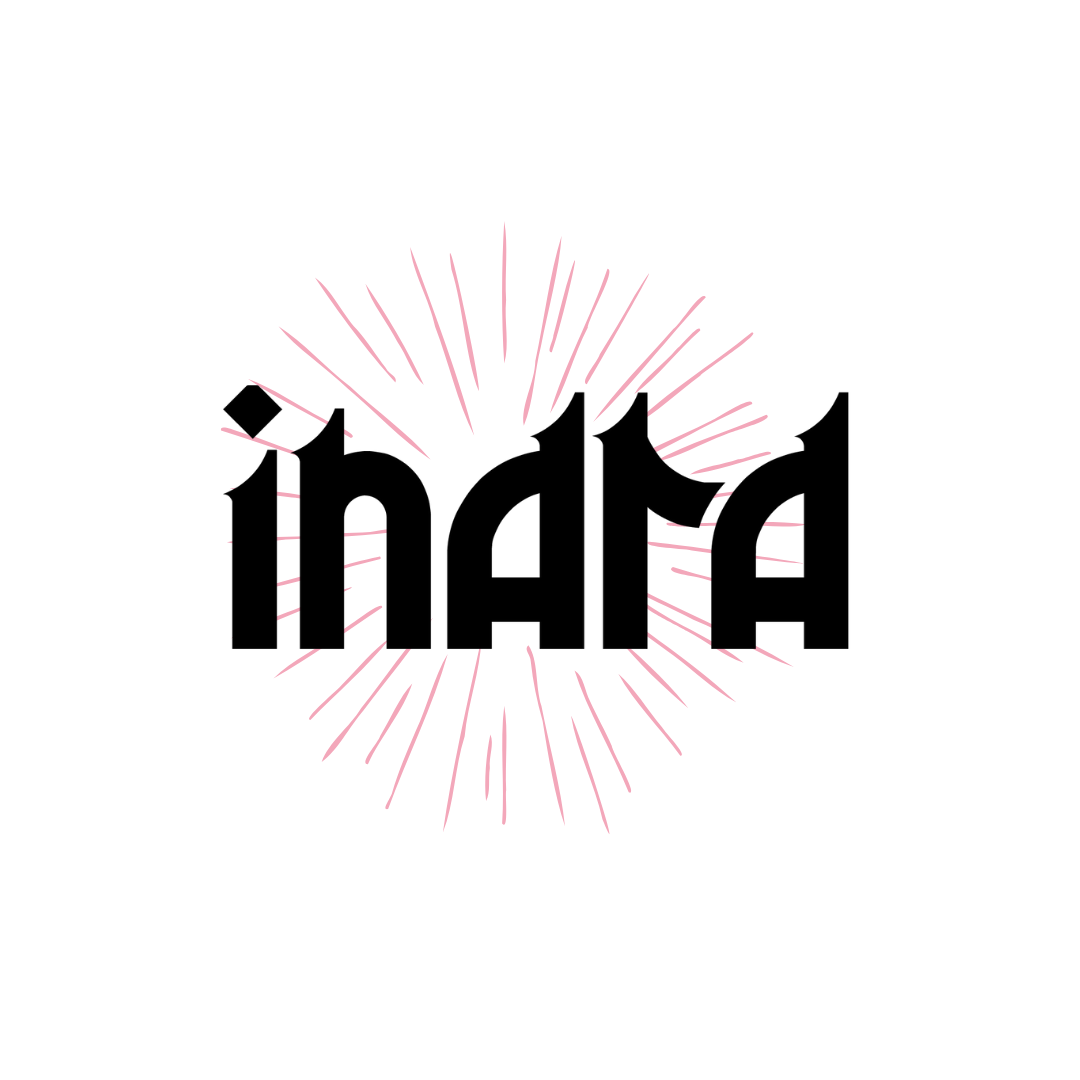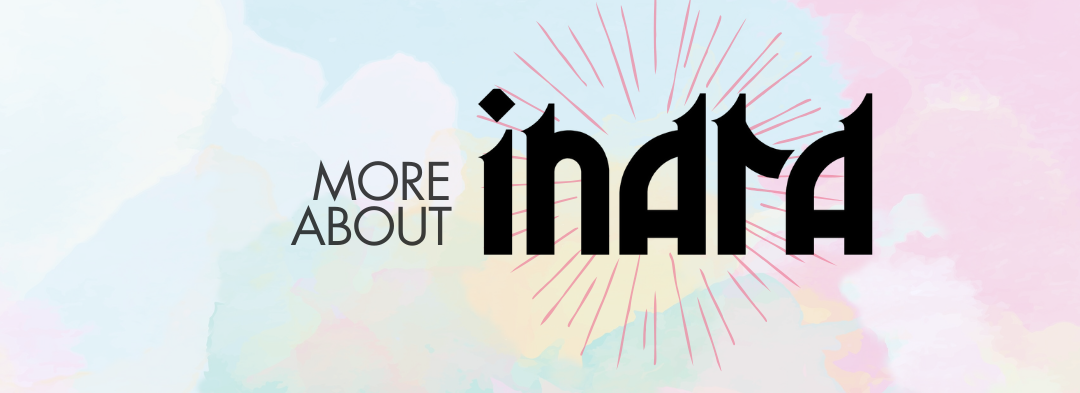a 100% queer & trans Muslim support line
Call 71-QTM-INARA
Friday and Saturday
5PM CT - 11PM CT
Core Values
Emotional support by & for us LGBTQ+ Muslims
Trauma-informed peer support
Fully secure & confidential
No calls to emergency services
Full anonymity for callers and operators
Just for us: Inara is a line for LGBTQ+ and questioning Muslims to talk about any topic: sorrow, joy, coming out, finding community, trauma, crisis & more. Peer Support, unlike therapy, is based in shared experience, not diagnosing you to telling you what to do. Peer support is not case work. Inara is a line just for immediate emotional support, not a case management or resource line like 211 - though experience with resources may come up!
It IS trauma informed. We are building Inara because as trans & queer Muslims, we face unique and extreme isolation, hate and trauma - especially in the face of increasing Islamophocia and ongoing genocide. Inara is a safe place for both operators and callers to talk about heavy topics. It IS caller lead. You decide what you want to talk about. Plus: we will never call police or 911 on you without your request.
Below are the general policies for MASGDs Inara peer line. This is a living document and should be bookmarked to always have access to the most up to date policies and procedures.
Our values are built from the ethics of peer support, healing justice, and transformative justice practice
Informed Consent As an informed consent line, we honor the decisions our callers make without judgment, witnessing individuals without assumptions or preconceived notions. It is never our decision to call 911 or medical emergency services; that decision is always made by the caller. Additionally, it is not our job to determine what is best for someone or to lead them towards specific actions or outcomes. What will and will not happen on the call is solely up to the caller.
Autonomy & Interdependence We honor that we will never know what is best for another human being; only they will know, as they are the only experts in their lives. We have faith in callers and team members as autonomous experts of their lives. We recognize that we are all dependent upon one another. Our well-being as operators is directly influenced by the well-being of our callers. Similarly, our team is influenced by the individuals in it. We are only well if our community is well.
Honor roles and experience MASGD is not a consensus-based organization. We value both lived and professional experience, centering those most impacted by issues and who have relevant experience. Individuals without this experience are encouraged to take a step back. Our team comprises brilliant individuals from diverse backgrounds and experiences.
We honor all this experience, recognizing that none of us know everything and understanding when to step up and when to step back as decisions are made. In group discussions, we use positionality framing to ensure conversations center on the experiences that influence our thought processes. This involves clearly stating which identity or experience we are focusing on when sharing our thoughts.
On calls, we honor the role we play in supporting individuals. We are to be honored and respected as we honor and respect others. We recognize that we each have our own lived experience and various levels of professional peer support experience, opening ourselves up to growth and teaching simultaneously.
Joy and grief We honor that joy and grief go hand in hand. Our capacity to hold one influences our ability to hold the other. This is not a grief line, nor is it a joy line, or any single emotion. Inara is a line that encompasses all emotions and experiences. We are not here to support an emotion or a situation; we are here to support an individual, always.
Empowerment We recognize that the behavioral health system is built on disempowering marginalized communities. Our role on this line is to ensure people know they have the power to make decisions. We refuse to take power away from individuals, even when it is offered to us. We do not tell individuals what to do, even when we are asked, since we never know what is best for anyone but ourselves.
The Inara peer line is not a resource-sharing line; it is a peer support line. Peer support is about supporting individuals on their journeys, not telling them what to do or influencing their thinking. Sharing resources is a responsibility beyond what this line offers.
During conversations, some of your own wellness practices might come up. That is different from telling people where to go and what to do.
Transparency & Confidentiality We are transparent about the services we provide and the services we do not provide.
We maintain callers' confidentiality at all times, never revealing a caller's name or any other information about them. Identifying information may only be shared with a supervisor when it is deemed appropriate and necessary, such as when a complaint is filed or when harm is done.
Responsibility & Accountability It is our responsibility to show up for ourselves and our community. When we own our growth and wellness, we are able to model wellness to our community and show up when we are needed most. We honor that we are all in different phases of our journey; communicating our needs is essential to ensure that folks are supported in ways that do not cause harm to the community. When we do not, we are accountable for our journeys and work on building pathways to show up in healthier ways.
As operators, we are accountable to one another and to our community. Clearly communicating times we are unable to be on shift honors the different roles we play.
Calls will be recorded and saved for three weeks, allowing callers to file any complaints and grievances they may have. This is for the protection of callers and operators. This also allows operators to learn from their previous calls, inspiring growth and accountability. Callers can file a complaint online by filling out a form within two weeks of the call to ensure we have access to the recording. If more than two weeks have passed, we can still have a conversation with individuals and identify pathways forward.
Liberation and Utopia We are always moving towards a better world for the most marginalized of the most marginalized. Individuals are able to define what utopia and liberation look like for themselves; no one else can. We can define liberation and utopia for ourselves, allowing us to model liberation in our everyday lives.
Death Endings are transformative. We do not build infrastructure to last forever. Policies will be developed and will eventually end. Ultimately, Inara and MASGD will also come to an end one day. We are building a world that is not reliant on our services. Our work is to build a liberated world for queer and trans individuals who are racialized as Muslim. If we are not doing that, or if that goal is achieved, then our role will shift drastically, or we will release the organization so that what is needed can thrive beyond us.
Healing A clear commitment to liberation and utopia respects the reality of death by healing. We may encounter issues that don’t have easy solutions and experience conflict and pain. Committing to a future where liberation is life means moving toward discomfort and confusion to find clarity. Healing is a practice, and we strive to be people who practice healing ourselves before focusing on others. We honor everyone's different journeys with topics like self-harm and suicidality, recognizing our own beliefs and our need to heal from things that may have impacted our lives.




